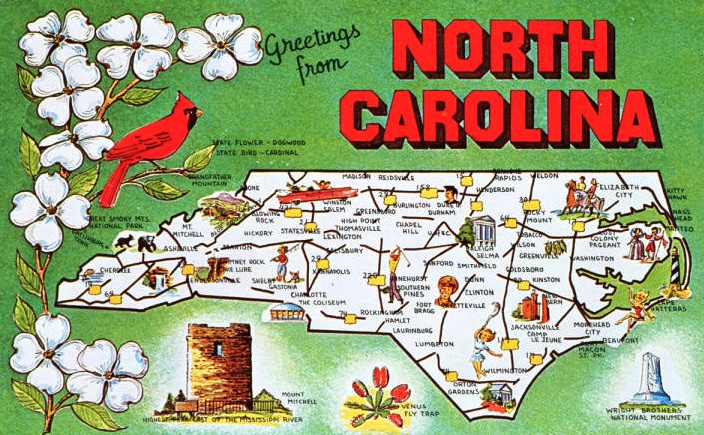Across the US and around the world, a growing number of public sector and nonprofit organizations have been sharing open data. In sharing data, these organizations hope to increase transparency, enhance governmental efficiency, improve communities, encourage public participation in government, and foster civic innovation and economic development. While there are many success stories around civic open data, there is a growing awareness that the act of publishing open data will not always result in community impact. Data intermediaries are often needed to help people extract value from civic open data, and to help data publishers make good decisions about how they publish.
In Pittsburgh, our local civic data ecosystem is unique in that both public and academic librarians are actively involved as data intermediaries, and they work in close collaboration with other civic data publishers and users. Librarians regularly partner with local governments, non-library intermediaries, civic organizations, student organizations, and data users in a variety of ways. They play a number of roles, including helping people discover civic information, building data literacy and technical skills, providing technical assistance in data management and documentation, creating feedback mechanisms to publishers, convening and hosting events, and connecting data users.
Our experience shows that libraries and librarians should be key actors in the continuing development of civic open data portals and act as core data intermediaries; their expertise adds value to a wide range of issues that affect both data publishers and users. Many of our colleagues elsewhere, including librarians and other established civic data intermediaries, have asked us how they can develop similar relationships and roles for librarians in their home communities.
With these requests fresh in our mind, we developed a plan for a guide and toolkit to help libraries carve out roles in their local ecosystems. We are fortunate to have received funding for this work from the Institute of Museum and Library Services; with IMLS support we are now starting a two-year project: Civic Switchboard: Connecting Libraries and Community Information Networks. The project will develop the guide and toolkit while also directly supporting teams of librarians from around the country to partner with other intermediaries in their local communities.
The Civic Switchboard project design is based on two strong convictions. First, that cultivating a healthy local civic data ecosystem depends upon the coordinated efforts of a variety of data intermediaries. In other words, no single entity can effectively cover all of the necessary roles alone. To that end, our project team includes representation from a public library system (Carnegie Library of Pittsburgh), an academic library system (University of Pittsburgh), a regional open data portal (Western Pennsylvania Regional Data Center, hosted by the University of Pittsburgh Center for Social and Urban Research), and a national membership organization of non-library civic data intermediaries (National Neighborhood Indicators Partnership), coordinated by the Urban Institute. Cultivating and strengthening similar partnerships in other regions is a core objective of this project.
Secondly, we believe that the importance of local context and the variety of local civic data landscapes mean that no single model can be made to fit every city or region. This can be seen, for example, across the network of National Neighborhood Indicators Partnership data intermediaries. Because each community’s civic data ecosystem is unique, the structure of local data intermediaries have evolved to take different shapes. Modelling at the national level must be done by capturing a wide variety of successful local practices. Although the prior work of the project team members serves as an example of successful library participation in our local civic data ecosystem, this project is deliberately designed to involve a broad and diverse cohort of regional participants whose experiences will inform its outputs.
Communities that wish to play a role in this project can also participate in two ways.
-
In Year 1, to broaden networks and expand resources, the project team will host workshops at two conferences: The National Neighborhood Indicators Partnership (May 2018) and the Digital Library Federation (October 2018). Stipends will be available for libraries and data intermediary organizations interested in participating in these workshops; a limited number of complimentary registration fees for the associated conferences will also be available.
-
In Year 2, the project will offer stipends to partnerships between libraries and local data intermediaries for field testing the toolkit.
We resolve to work in the open on this project, and commit to sharing information about our work as it evolves. We will regularly publish summaries of our progress on our project website, provide recaps of our major activity in a monthly email newsletter, draft periodic blog posts, and also engage with the broader community through social media.
You can stay involved in our work by visiting our website, signing up for our newsletter, following us on twitter and GitHub.



